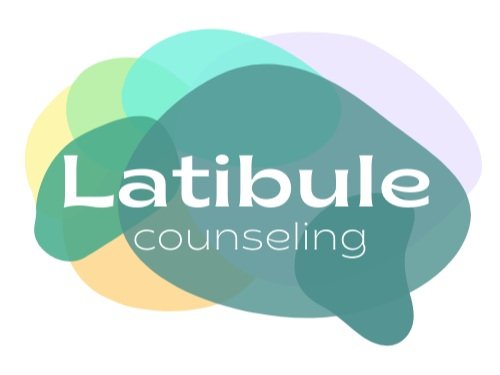Shame and the Inner-Critic
Shame is a natural human emotion. We are born with the knowledge that our lives depend on being accepted by our tribe, family, or community.
Shame is an emotion that motivates people to change in some way to reconnect with others or to feel socially disconnected so that they will do something that allows them to reconnect with their tribe.
The evolutionary value of shame is to protect us from rejection from our community. Shame makes us want to hide whatever it is that might make someone kick us out.
Shame makes you avoid people or situations. To prevent feelings of rejection, we develop an inner critic, usually as a child when we are young and vulnerable.
The voice of the inner-critic can often take on the voice, or language of a caregiver.
This inner-critic desperately tries to keep us from getting shamed by the outside world by reminding us of the characteristics we embody that others might reject. It is driven by shame that tells the individual they are ‘bad’, or ‘worthless’.
This view of self can lead to a vicious cycle. The inner critic is a bully, and people will often cope with drugs, alcohol, work, eating, anger, etc. This coping attracts shame from the outside world, which further fuels the inner-critic.
The inner-critic is incredibly fearful. It does not allow the individual to feel better, as there is vulnerability, and risk of judgment in this process. Shame thrives on secrecy, in the darkness of your inner world.
To begin to engage with shame, notice where you feel it in your body. Stephen Porges (research on the polyvagal theory) argues that shame is often felt below the diaphragm because the biological response to shame is often similar to a life threat. It activates the nervous system in a way that people can become immobilized, or numb. You might notice your posture changing, or your body trying to shrink and disappear.
When feeling shame try this to regulate your nervous system: wiggle your toes, take 3 deep breaths and straighten your spine.
Shame is a difficult emotion and can be triggered very easily across various components of our experiences. While it’s uncomfortable, it is worth learning how to manage it.
To learn more about shame, check out our recorded workshop on Shame: the feeling that paralyzes us and the workbook.
